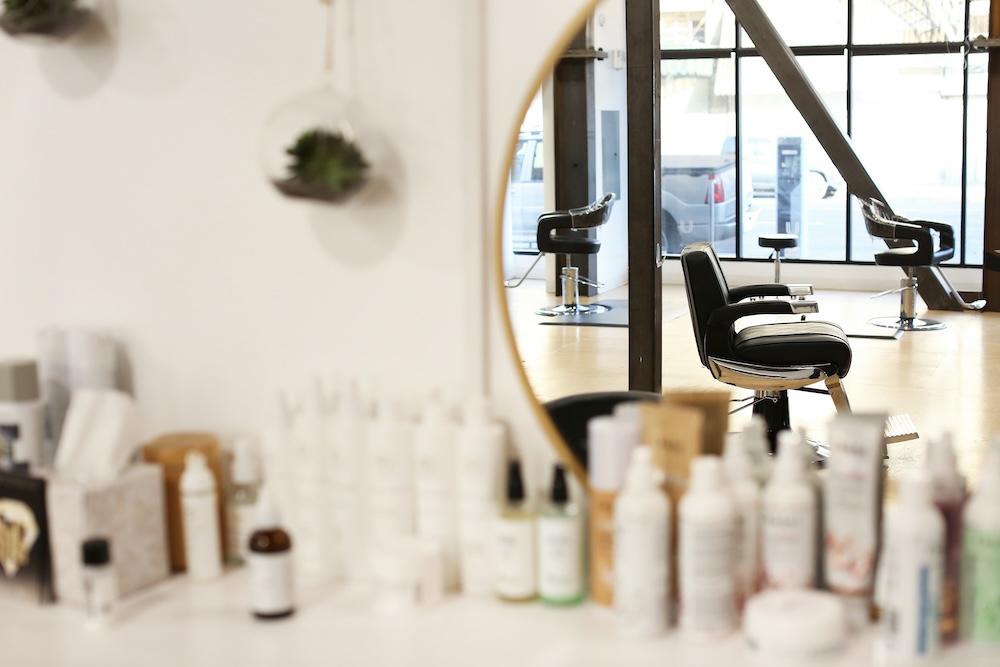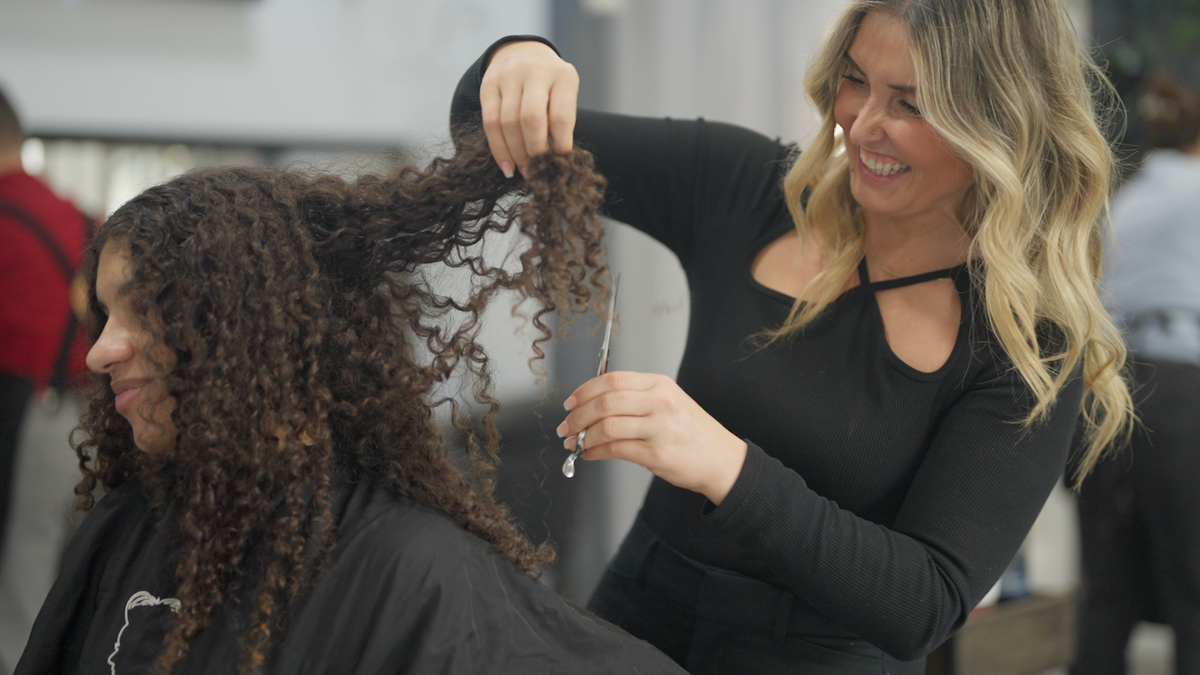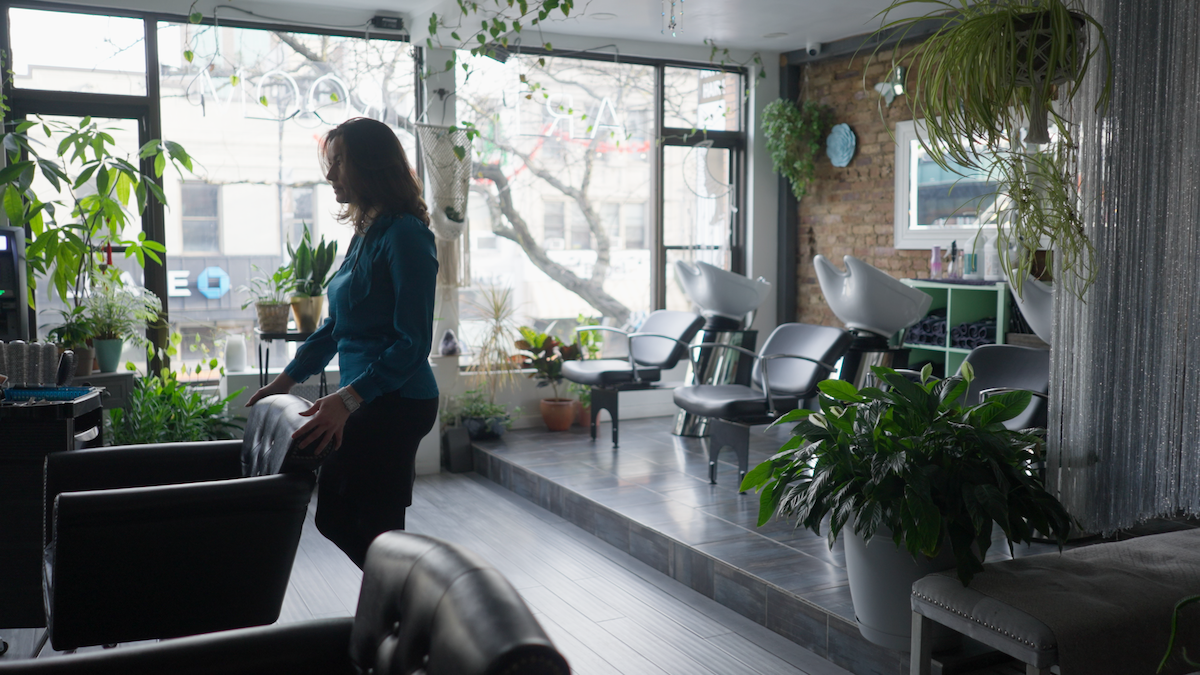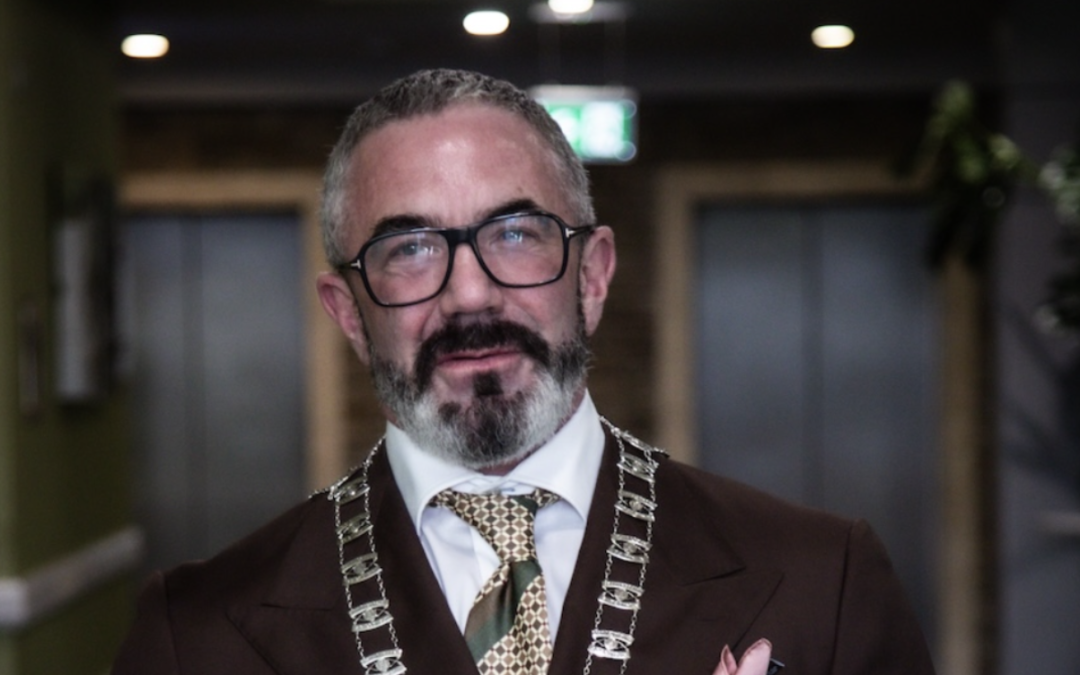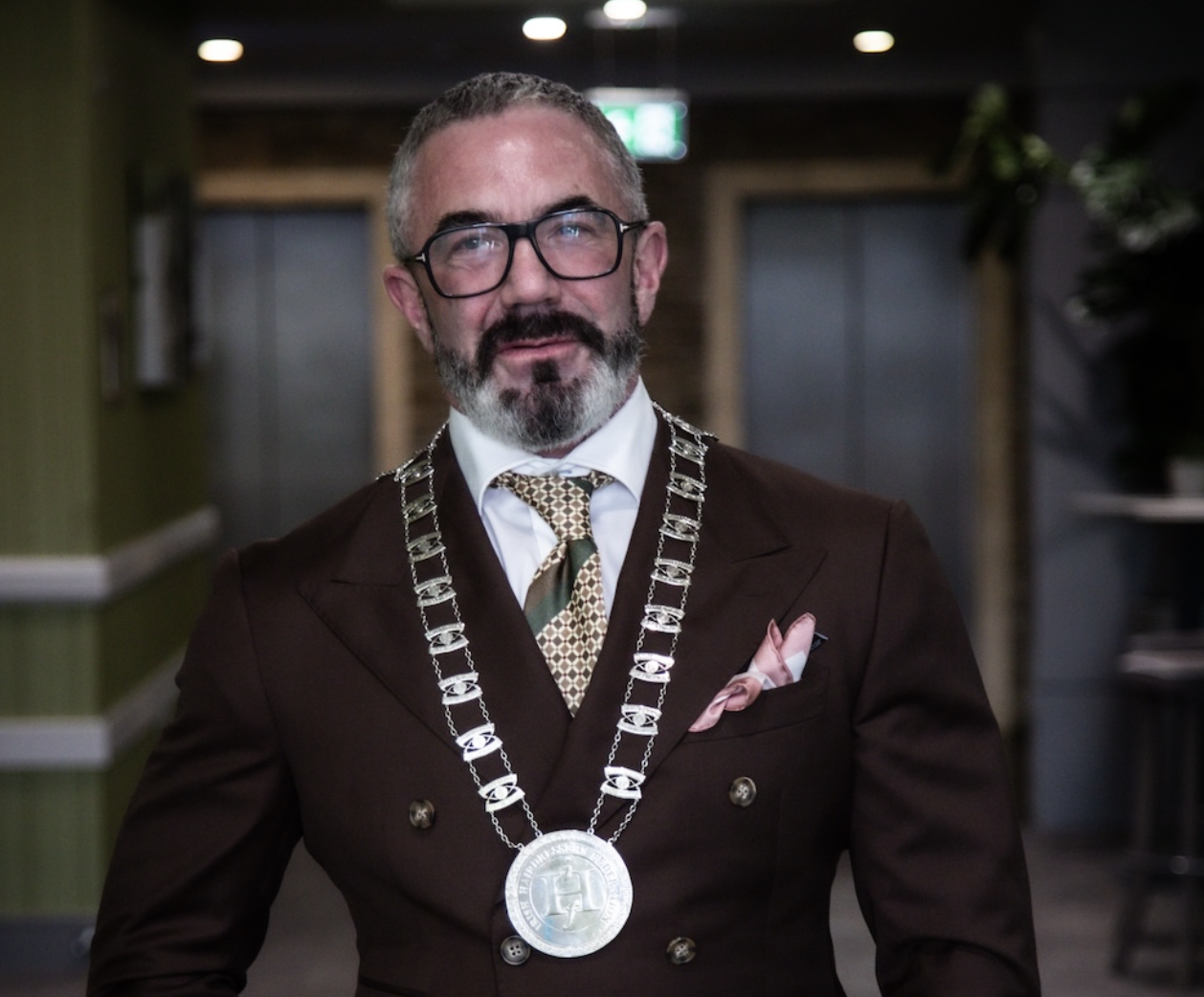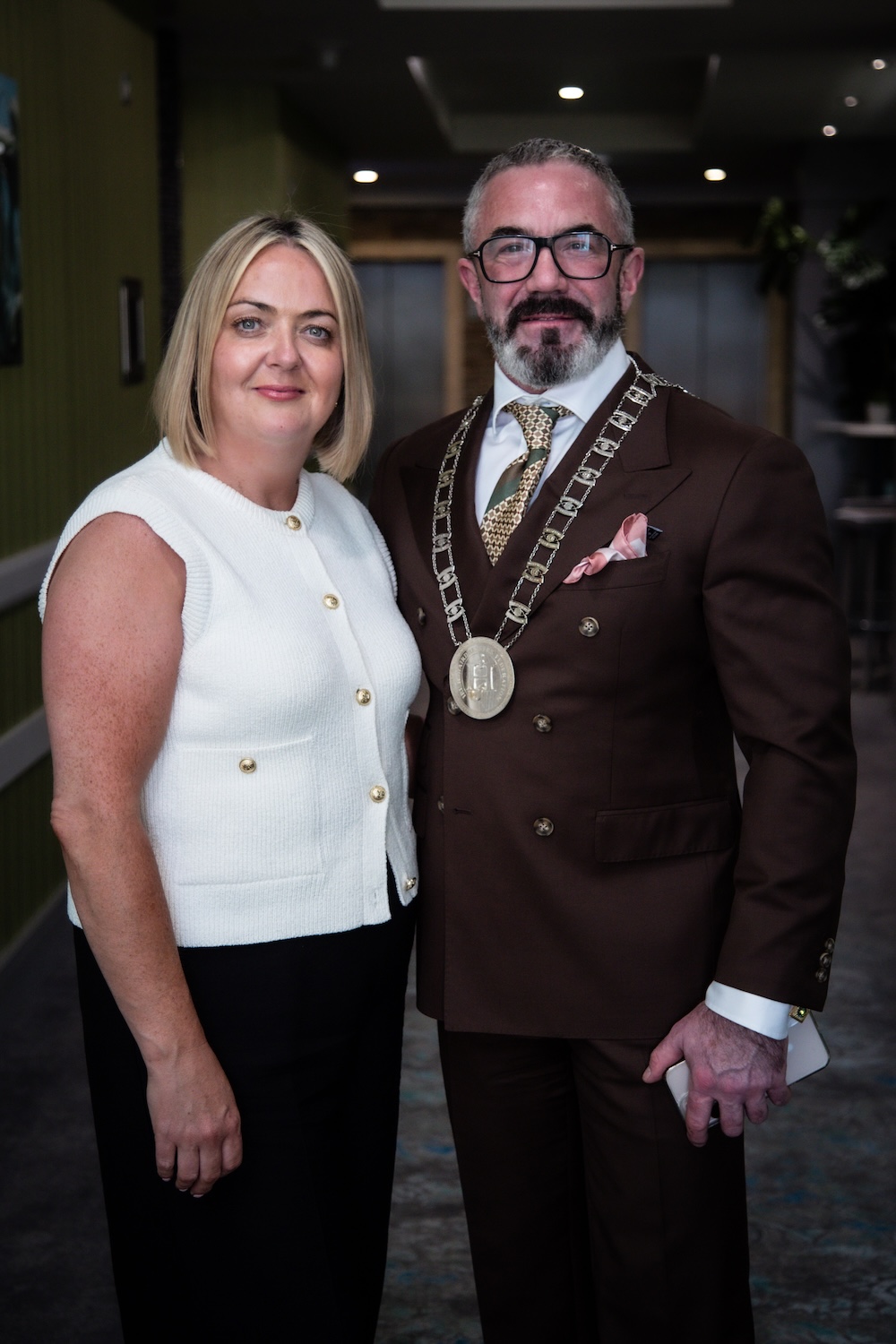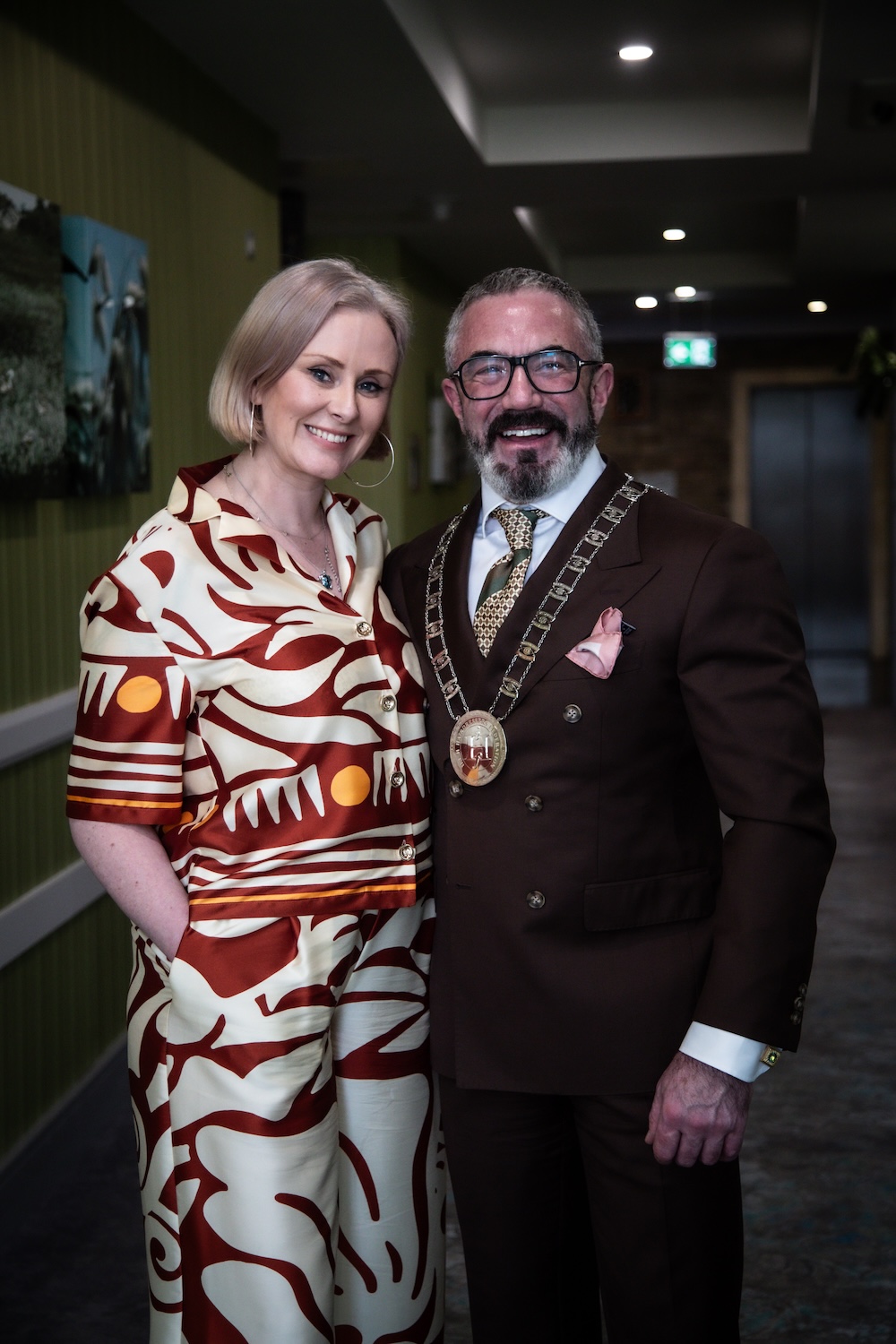Salons are feeling the squeeze more than ever, especially those employers hit by the changes introduced in the Autumn Budget. The rising cost of living has impacted everyone, and you’ll know from your own bills how the prices of, well, just about everything are continually nudging up. The obvious step is to raise your prices too – even though salons hate to do it! But you can’t stop there. Now is the time to get savvy about pricing – incorporating ideas such as dynamic pricing and price reviews – to see a real impact on your profitability. We’ve asked Fresha, the go-to platform for beauty and wellness bookings, for the six steps you need to be taking right now!
Step 1: Set discounts that keep your salon’s profits healthy
Keep your profits in mind as you choose which services to discount with smart pricing and by how much. Making your off-peak prices and last-minute discounts too high could undervalue your services or impact your self-employed staff’s earnings. So, determine the perfect amount that will let you make a healthy profit while attracting plenty of clients.
Choose whether to offer a percentage or fixed amount for each discount based on the service’s original price. For example, with lower-priced services, a percentage discount may offer better perceived value; 15 per cent off a service that costs £20 may sound more appealing to your clients than £3 off.
Step 2: Identify the best times for off-peak prices in your reports
Check your sales reports to see when your least busy periods are, and set your off-peak prices to automatically switch on during those times. You can even set multiple off-peak times per day. For example, if your salon tends to be quiet right when you open and during the afternoon lull, set your off-peak prices for services booked between 10am to 11am and 1pm to 2pm.
Be sure to examine a big enough sample of your sales reports to identify patterns in your bookings. A few months or even a year’s worth of reports will give you the clearest possible picture of your off-peak periods and help you stay booked during those off-peak times.
Step 3: Offer bigger last-minute discounts closer to the appointment time
To create a sense of urgency and encourage clients to book quickly, offer bigger discounts for bookings made closer to the appointment time. Be sure to strike a balance with a discount that tempts clients to quickly book empty slots, without encouraging them to only book last-minute. For example: offer 10 per cent off bookings made between 24 to 48 hours before the appointment time, and 20 per cent off bookings made on the same day of the appointment.






